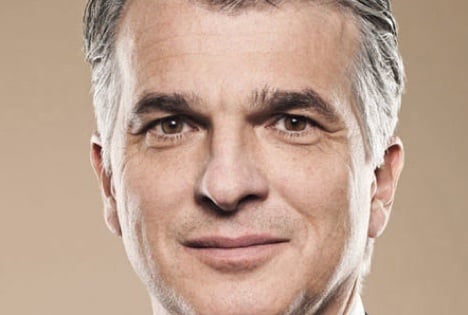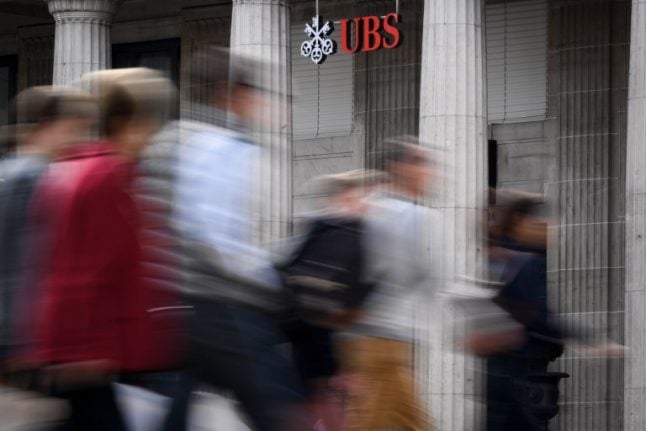Actares, a group that promotes sustainable development, said on Wednesday that it would be opposing the high bonuses paid to Ermotti and others after the bank posted a net loss of 2.5 billion francs ($2.62 billion) for 2012.
Much of the loss was the result of penalties for a Libor-fixing fraud that cost 1.4 billion francs.
Actares said at the annual general meeting scheduled for Thursday it would announce its dissatisfaction with the continuing scandals at the bank, which it said could not be blamed on previous management.
UBS’s overall bonus pool dropped to 2.5 billion francs in 2012, down from 2.7 billion francs in the previous year.
However, the bank cut thousands of jobs as it began a plan to eventually eliminate 10,000 positions worldwide over several years.
And Ermotti received 8.9 million francs, up from 6.35 million francs the previous year, despite the bank’s negative result, while overall executive compensation was slightly higher at 70.4 million francs, up from 70.1 million francs.
In a statement, Actares said UBS shareholders were paying the price for “scandals and legal cases” for which billions of francs had been spent, or set aside aside for future charges.
“We note again and still the hiring bonuses of many millions and remuneration for the chairman and CEO attaining amounts that strike against common sense, especially following a year when the losses mount in the billions.”
Executive pay is a sensitive issue in Switzerland, particularly after voters approved an initiative to require binding shareholder approval for the remuneration of top brass at companies based in the country.
A law to reflect this has yet to take effect and a shareholder’s vote on a “remuneration report” at UBS’s annual meeting is listed as an “advisory” matter.
Actares is also campaigning for UBS to stop financing “mountaintop removal mining” of coal in the US.
The organization praised the bank’s commitment to a policy to protect the climate through its financial activities.
But it said UBS was not living up to this policy by allegedly backing “mountaintop removal” in the Appalachians, a region of the northeast US.
The bank’s executives are expected to respond to the group’s claims at the annual meeting set to start at 10.30am at the Hallenstadion in Zurich-Oerlikon.



 Please whitelist us to continue reading.
Please whitelist us to continue reading.
Member comments